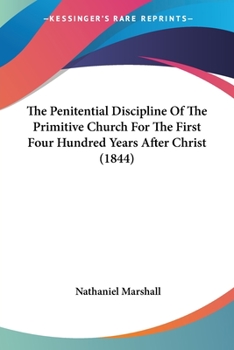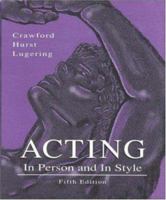The Penitential Discipline Of The Primitive Church For The First Four Hundred Years After Christ (1844)
Select Format
Select Condition 
Book Overview
This is a reproduction of a book published before 1923. This book may have occasional imperfections such as missing or blurred pages, poor pictures, errant marks, etc. that were either part of the original artifact, or were introduced by the scanning process. We believe this work is culturally important, and despite the imperfections, have elected to bring it back into print as part of our continuing commitment to the preservation of printed works worldwide. We appreciate your understanding of the imperfections in the preservation process, and hope you enjoy this valuable book. ++++ The below data was compiled from various identification fields in the bibliographic record of this title. This data is provided as an additional tool in helping to ensure edition identification: ++++ The Penitential Discipline Of The Primitive Church, For The First Four Hundred Years After Christ: Together With Its Declension From The First Century, Downwards To Its Present State; Library Of Anglo-Catholic Theology Nathaniel Marshall Parker, 1844 This description may be from another edition of this product.
Format:Paperback
Language:English
ISBN:0548753687
ISBN13:9780548753682
Release Date:November 2007
Publisher:Kessinger Publishing
Length:260 Pages
Weight:0.85 lbs.
Dimensions:0.6" x 6.0" x 9.0"
More by Michael Lugering
Customer Reviews
7 customer ratings | 5 reviews
There are currently no reviews. Be the first to review this work.























